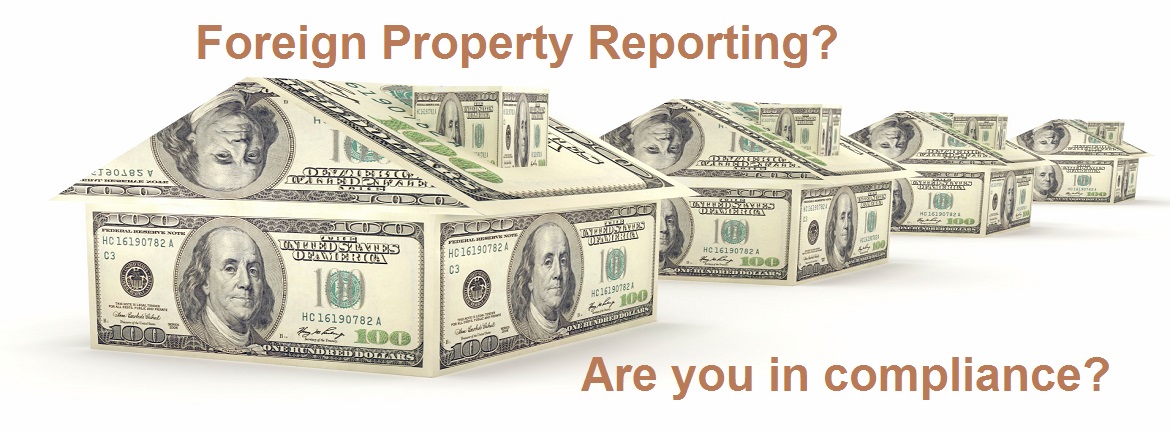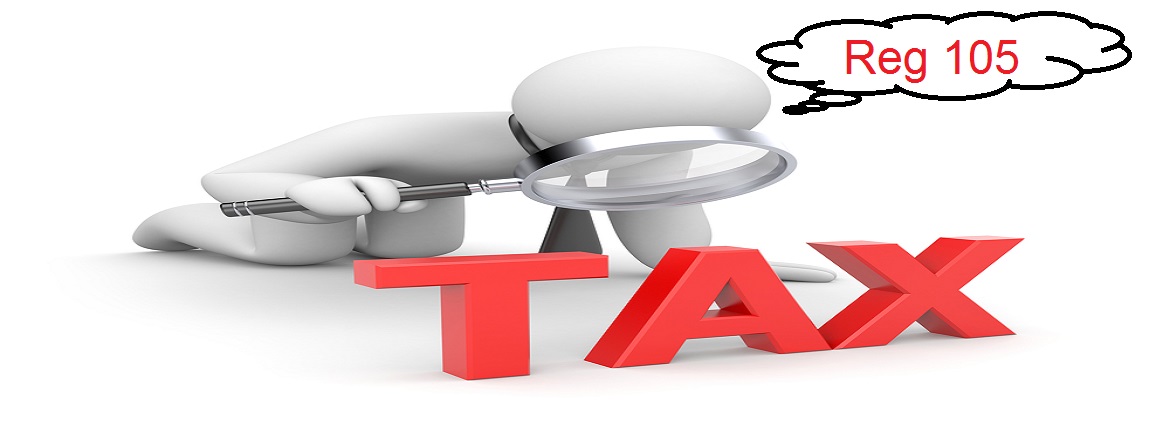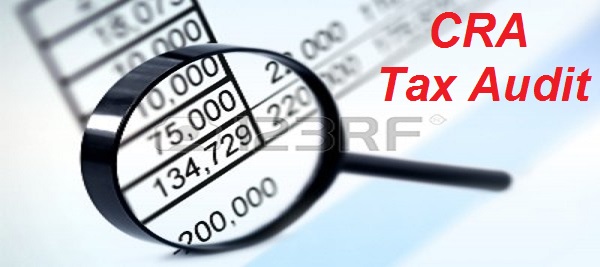Non-Resident Tax Accountant
If you are a non-resident of Canada and wonder if you have any tax responsibilities and filing requirements to Canada, you have come to the right place. You can rely on our non-resident tax services to meet your Canadian tax filing obligations and minimize your Canadian tax burden, if any.
Non-Resident Tax Services
We provide reliable and affordable non-resident tax services. Our objectives are to help non-residents to minimize their Canadian taxes and prepare their Canadian income tax returns or election forms to meet their Canadian tax obligations.
Below is a sample list of non-residents who generally require our non-resident tax services:
- Foreign owners of Canadian rental properties
- Non-resident purchasers or sellers of real property in Canada
- Professionals or consultants earning fees for services rendered in Canada
- Expatriate foreign executives and employees working in Canada
- Temporary foreign actors, directors, performing artists and workers in film and entertainment occupations
- Foreign individuals with residential ties in Canada
- Deemed Canadian residents
- Individuals leaving or entering Canada
- Foreign individuals or corporations carrying on business activities in Canada
- Foreign corporations with subsidiary corporations in Canada
- Non-resident shareholders of Canadian corporations
- Partnerships with non-resident partners
- Non-resident trusts with Canadian resident contributors and/or Canadian resident beneficiaries
Our Value Proposition as Your Non-Resident Tax Accountant
- We strive to provide affordable and high quality non-resident tax services to help you minimize your Canadian taxes while meeting all your Canadian tax filing requirements.
- Our principal, Claudia Ku, a chartered accountant and a tax specialist for over 20 years, has the expertise in advising the non-resident tax matters, which can be very complicated in certain circumstances.
Non-Resident Tax System in Canada
The Canadian tax rules that apply to non-residents of Canada are different from the tax rules that apply to Canadian residents. Hence, the residency status of a taxpayer is the first and most relevant factor to consider in determining a taxpayer’s Canadian tax obligations.
Generally speaking, non-residents are subject to Canadian taxes on their Canadian source income. Non-residents earning passive income such as dividends, royalties, pension and rental income are subject to withholding tax and have no Canadian tax filing obligations. Nevertheless, non-residents earning Canadian rental income may potentially reduce their Canadian taxes by electing to file income tax returns to be subject to tax on their net rental income. Non-residents earning Canadian source employment income or business income are required to file income tax returns to determine their Canadian tax liabilities. If income tax treaties are signed between Canada and the home countries of the non-residents, non-residents may rely on the treaties to reduce or eliminate their Canadian taxes.
Non-Resident Tax Tips
If you are non-residents planning to immigrate to Canada or doing business in Canada, you may want to read our articles below:
Individuals who are residents of Canada are taxable on their worldwide income. To ensure all Canadian residents correctly report their worldwide income, the tax law requires Canadian residents annually file with the CRA the Form …
Do you engage foreign individual or company (collectively referred to as “non-resident person”) as independent contractor to provide services in Canada? Are you the non-resident person providing independent contractor services in Canada? If you answer …
Immigrants to Canada are given a permanent resident status so as to have the legal right to live, work or study anywhere in Canada. Immigrants need to meet Canadian residency requirements in order to keep …
Canada’s tax system is based on self-assessment. In order for the governments to maintain public confidence in the fairness and integrity of Canada’s tax system, the Canada Revenue Agency (the “CRA“) is empowered to audit …
If so, do you want to minimize your Canadian taxes on the future income to be generated from such overseas inheritance? If your answers to both questions are “yes”, you will have to initiate your …
For individuals, the personal income tax planning opportunities are generally very limited. However, if you are a professional, self-employed or you own a business, you will find twelve income tax tips in this article to …
Tax planning should be considered all year round, not just at year-end or when you file your tax return. Nevertheless, there are still many time-sensitive issues that you need to address before January 1 and …
The Universal Child Care Benefit is administered under the Canada Child Tax Benefit program and is paid to all families with eligible children, regardless of the family’s income level, to help cover the cost of …








